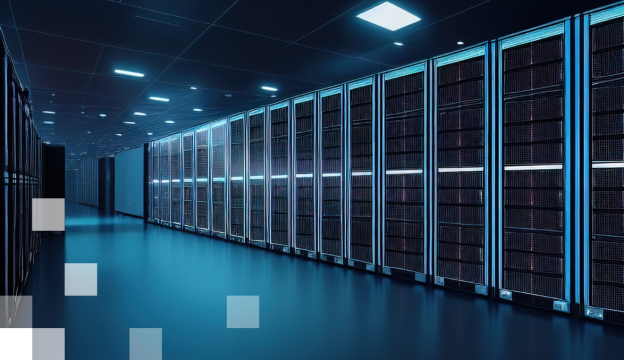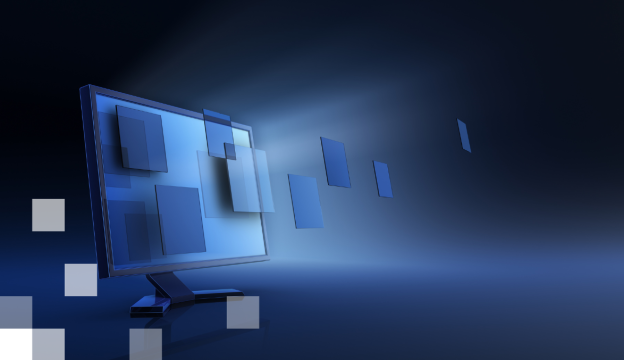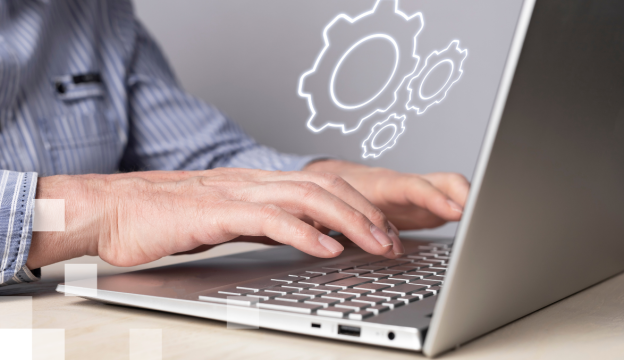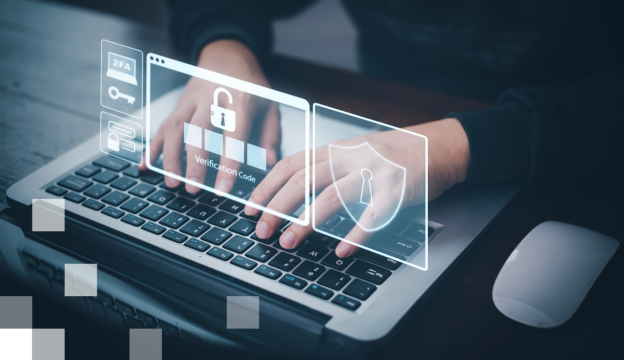Microsoft Azure IoT izstrāde
Šis kurss tā apmeklētājiem sniegs prasmes un zināšanas, kas nepieciešamas, lai veiksmīgi izveidotu un uzturētu Azure IoT risinājumu mākonī. Kursā apskatītās Azure IoT infrastruktūras pamata komponentes: IoT Hub, Device Provisioning Services, Azure Stream Analytics, Time Series Insights un citas. Tāpat apskatīto tēmu lokā ir IoT Edge, ierīču pārvaldība, uzraudzība, problēmu novēršanu, drošības apsvērumi, Azure Digital Twins, un Azure IoT Central.
Kursa mērķis
This course provides students with the skills and knowledge required to successfully create and maintain the cloud and edge portions of an Azure IoT solution. The course includes full coverage of the core Azure IoT services such as IoT Hub, Device Provisioning Services, Azure Stream Analytics, Time Series Insights, and more. In addition to the focus on Azure PaaS services, the course includes sections on IoT Edge, device management, monitoring and troubleshooting, security concerns, Azure Digital Twins, and Azure IoT Central.
Kursa mērķauditorija
The Azure IoT Developer is responsible for the implementation and the coding required to create and maintain the cloud and edge portion of an IoT solution. In addition to configuring and maintaining devices by using Azure IoT services and other Microsoft tools, the IoT Developer also sets up the physical devices and is responsible for maintaining the devices throughout the life cycle. The IoT Developer implements designs for IoT solutions, including device topology, connectivity, debugging and security. For Edge device scenarios, the IoT Developer also deploys compute/containers and configures device networking, which could include various edge gateway implementations. The IoT Developer implements designs for solutions to manage data pipelines, including monitoring and data transformation as it relates to IoT. The IoT Developer works with data engineers and other stakeholders to ensure successful business integration. IoT Developers should have a good understanding of Azure services, including data storage options, data analysis, data processing, and the Azure IoT PaaS versus SaaS options. IoT Developers should have basic programming skills in at least one Azure-supported language, including C#, Node.js, C, Python, or Java.
Pēc mācībām tu spēsi
After the course students will be able:
- Create, configure, and manage an Azure IoT hub.
- Provision devices by using IoT Hub and DPS, including provisioning at scale.
- Establish secure 2-way communication between devices and IoT Hub.
- Implement message processing by using IoT Hub routing and Azure Stream Analytics.
- Configure the connection to Time Series Insights and support business integration requirements.
- Implement IoT Edge scenarios using marketplace modules and various edge gateway patterns.
- Implement IoT Edge scenarios that require developing and deploying custom modules and containers.
- Implement device management using device twins and direct methods.
- Implement solution monitoring, logging, and diagnostics testing.
- Recognize and address security concerns and implement Azure Security Center for IoT.
- Build an Azure Digital Twins solution that integrates upstream and downstream services.
- Build an IoT Solution by using Azure IoT Central and recognize SaaS opportunities for IoT.
Kursa apmeklēšanas priekšnoteikumi
To be successful in this course, learners should have the following:
- Cloud Solution Awareness: Students should have experience using the Azure Portal and a basic understanding of PaaS, SaaS, and IaaS implementations.
- Software Development Experience: Software development experience is a prerequisite for this course, but no specific software language is required, and the experience does not need to be at a professional level.
- Data Processing Experience: General understanding of data storage and data processing is a recommended but not required.
If you are new to Azure and cloud computing consider one of the following resources:
- Free online: Azure Fundamentals (https://docs.microsoft.com/en-us/learn/paths/azure-fundamentals/)
- Instructor-led course: AZ-900: Azure Fundamentals (https://docs.microsoft.com/en-us/learn/certifications/courses/az-900t01)
Mācību materiāli
Elektroniski mācību materiāli Microsoft Learn mācību vidē
Piekļuve kursa praktisko darbu videi 180 dienas pēc kursa uzsākšanas
Sertifikācijas eksāmens
Preparation for exam: AZ-220
Kursa programma
1. Introduction to IoT and Azure IoT Services:
Lessons
- Introduction to IoT Solution Architecture
- IoT Hardware and Cloud Services
- Lab Scenarios for this Course
Lab: Getting Started with Azure
Lab: Setting Started with Azure IoT Services
2. Devices and Device Communication:
Lessons
- IoT Hub Concepts
- IoT Device Lifecycle Concepts
- IoT Developer Tools
- Device Configuration and Communication
Lab: Connect IoT Device to Azure
Lab: Setup the Development Environment
3. Device Provisioning at Scale:
Lessons
- Device Provisioning Service Terms and Concepts
- Configure and Manage the Device Provisioning Service
- Device Provisioning Tasks
Lab: Individual Enrollment of Devices in DPS
Lab: Automatic Enrollment of Devices in DPS
4. Message Processing and Analytics:
Lessons
- Messages and Message Processing
- Additional Considerations for IoT Hub Messaging
- Data Storage and the Lambda Architecture
- Azure Functions and Stream Analytics
Lab: Device Message Routing
5. Insights and Business Integration:
Lessons
- Business Integration for IoT Solutions
- Data Visualization with Time Series Insights
- Data Visualization with Power BI
Lab: Integrate IoT Hub with Event Grid
Lab: Explore and Analyze Time Stamped Data with Time Series Insights
6. Azure IoT Edge Deployment Process:
Lessons
- Introduction to Azure IoT Edge
- Edge Deployment Process
- Edge Gateway Devices
Lab: Implement an IoT Edge gateway
Lab: Introduction to IoT Edge Deployments
7. Azure IoT Edge Modules and Containers:
Lessons
- Develop Custom Edge Modules
- Offline and Local Storage
Lab: Create and Deploy a Custom Edge Module
Lab: Implement Restricted Network and Offline Scenarios for IoT Edge
8. Device Management:
Lessons
- Introduction to IoT Device Management
- Manage IoT and IoT Edge Devices
- Device Management at Scale
Lab: Implement Automatic Device Management
Lab: Manage Devices using Device Twins and Direct Methods
9. Solution Testing, Diagnostics, and Logging:
Lessons
- Monitoring and Logging
- Troubleshooting
Lab: Configure IoT Hub Monitoring
10. Azure Security Center and IoT Security Considerations:
Lessons
- Security Fundamentals for IoT Solutions
- Introduction to Azure Defender for IoT
- Enhance Protection with Azure Defender for IoT Agents
Lab: Implementing Azure Defender for IoT
11. Develop with Azure Digital Twins:
Lessons
- Introduction to Azure Digital Twins
- Introduction to ADT solution development
- Monitor and troubleshoot ADT
Lab: Develop Azure Digital Twins solutions
12. Build an IoT Solution with IoT Central:
Lessons
- Introduction to IoT Central
- Create and Manage Device Templates
- Manage Devices in Azure IoT Central
- Business Integration and Data Analysis
Ja vēlies iegūt vairāk informācijas par šo kursu, sazinies ar mums pa tālruni 67505091 vai raksti mums e-pastu uz mrn@bda.lv.










